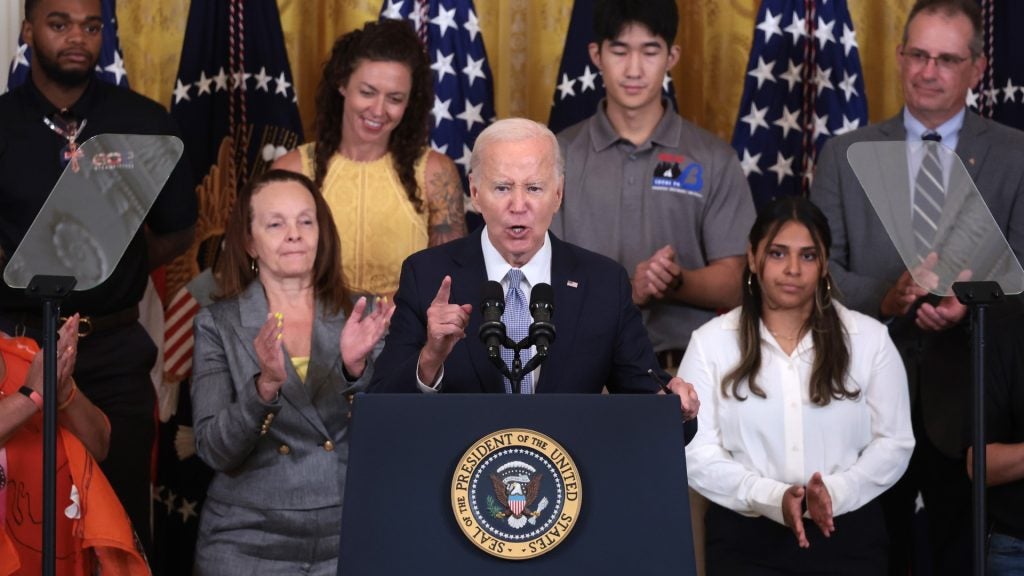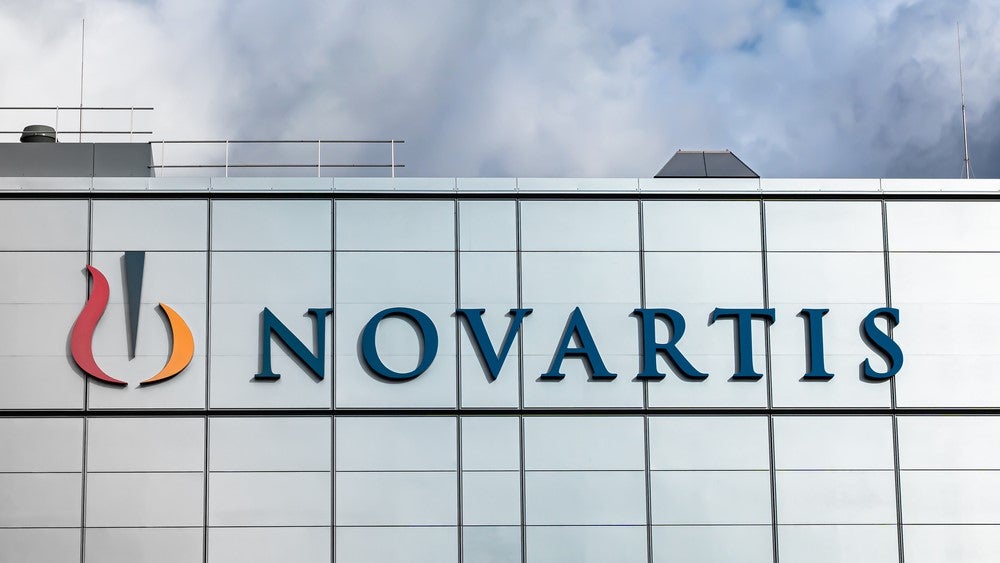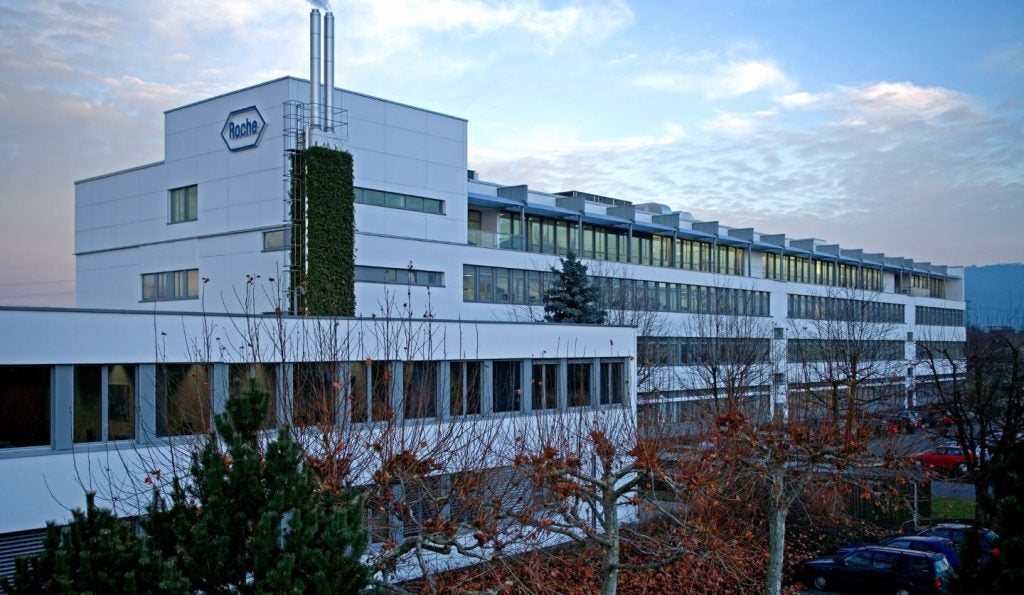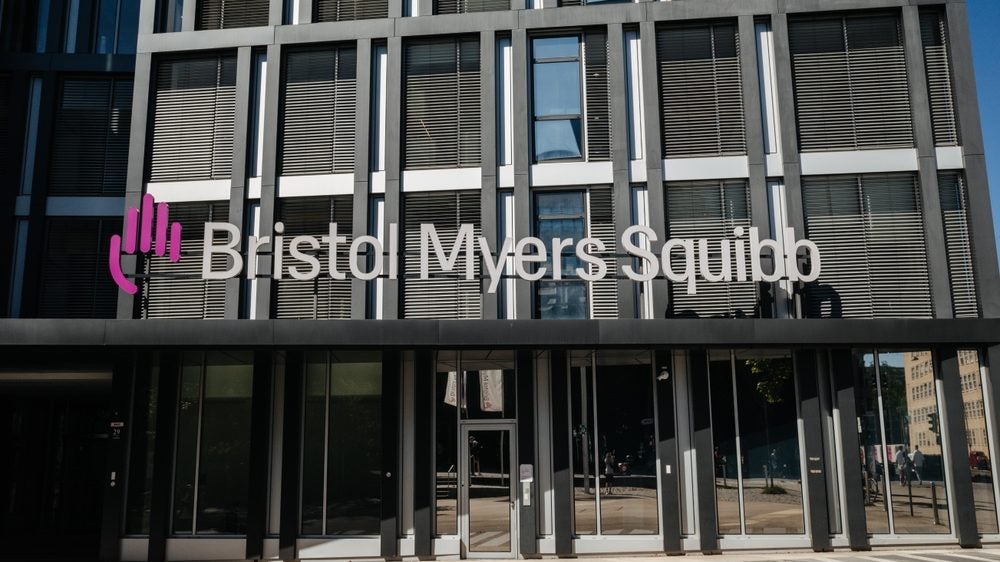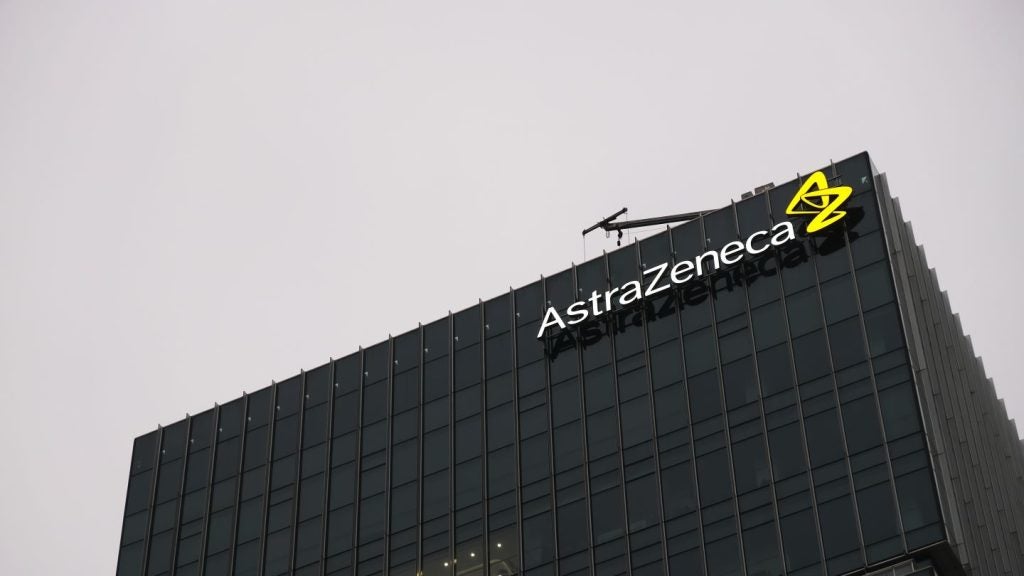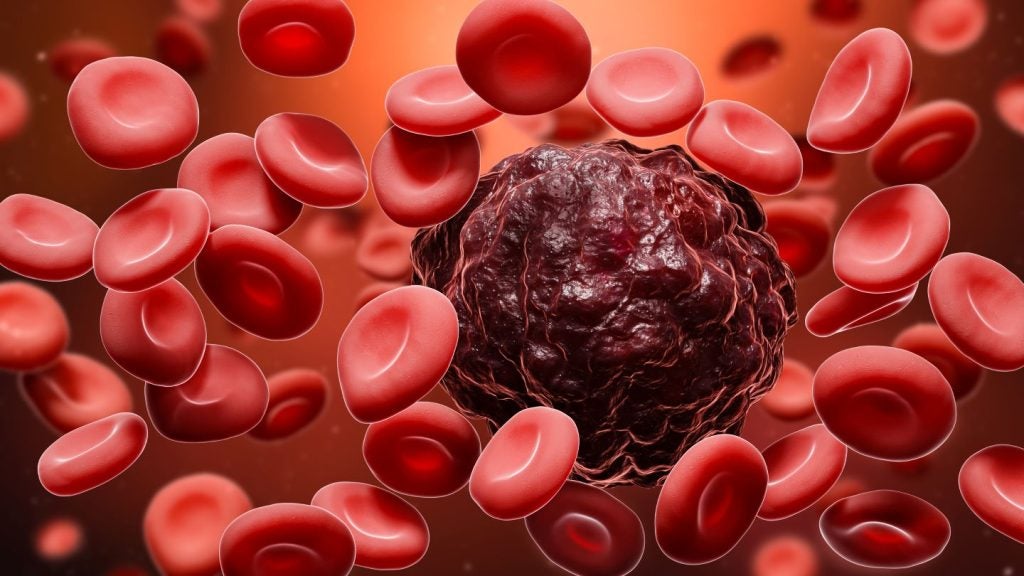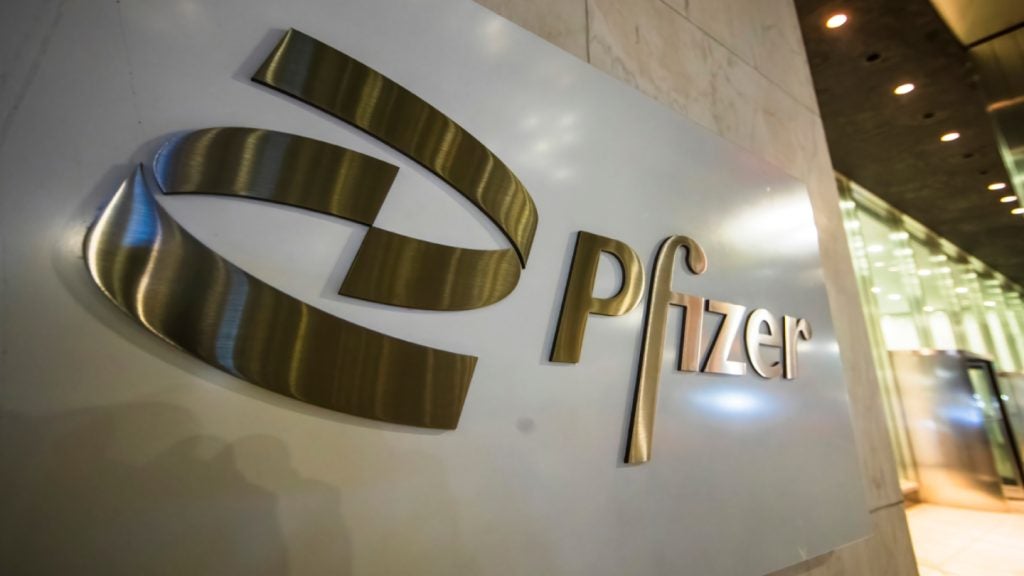The Biden administration has announced plans to allow agencies to use march-in rights to seize patents of government-funded drugs if their producers price them too highly.
Part of the administration’s so-called “Bidenomics agenda”, the policy would utilise a clause in the 1980 Bayh–Dole Act that allows the government to grant production rights of government-funded patents to third parties if the product is not accessible to the public.
These march-in rights have never been exercised before, and the Trump administration attempted to disallow licencing on high price alone, so it is unclear whether this policy would be put into practice, particularly if the Democrats do not win the election in 2024. Indeed, Reuters has quoted Vanderbilt University professor Stacie Dusetzina as arguing that the main purpose of the policy may be “to have a credible threat if the industry is being completely unreasonable.”
The policy continues the Biden administration’s hardening stance on pharmaceutical companies following the release of a list of drugs eligible for price negotiation under the Inflation Reduction Act in August, another first for the US government. However, this is likely to have limited impact in actuality.
Nonetheless, drug pricing remains a very real issue for many Americans. A 2019 paper published in American Health and Drug Benefits suggests that almost 8% of Americans at the time were unable to take their medications as prescribed over cost issues and highlighted regular cost increases as a major pain point.
The administration has framed the issue as one of competition, but the pharmaceutical industry in large thinks differently. According to Reuters, a spokesperson for the pharma lobbying group PhRMA argued that the policy would stunt innovation, saying: “The administration is sending us back to a time when government research sat on a shelf, not benefiting anyone.”
New patents in the pharmaceutical sector have fallen since their peak in mid-2021, but, despite a slight downward trend, they have remained fairly stable in the top ten indications since then, according to GlobalData.
GlobalData is the parent company of Pharmaceutical Technology.
Our signals coverage is powered by GlobalData’s Thematic Engine, which tags millions of data items across six alternative datasets — patents, jobs, deals, company filings, social media mentions and news — to themes, sectors and companies. These signals enhance our predictive capabilities, helping us to identify the most disruptive threats across each of the sectors we cover and the companies best placed to succeed.


